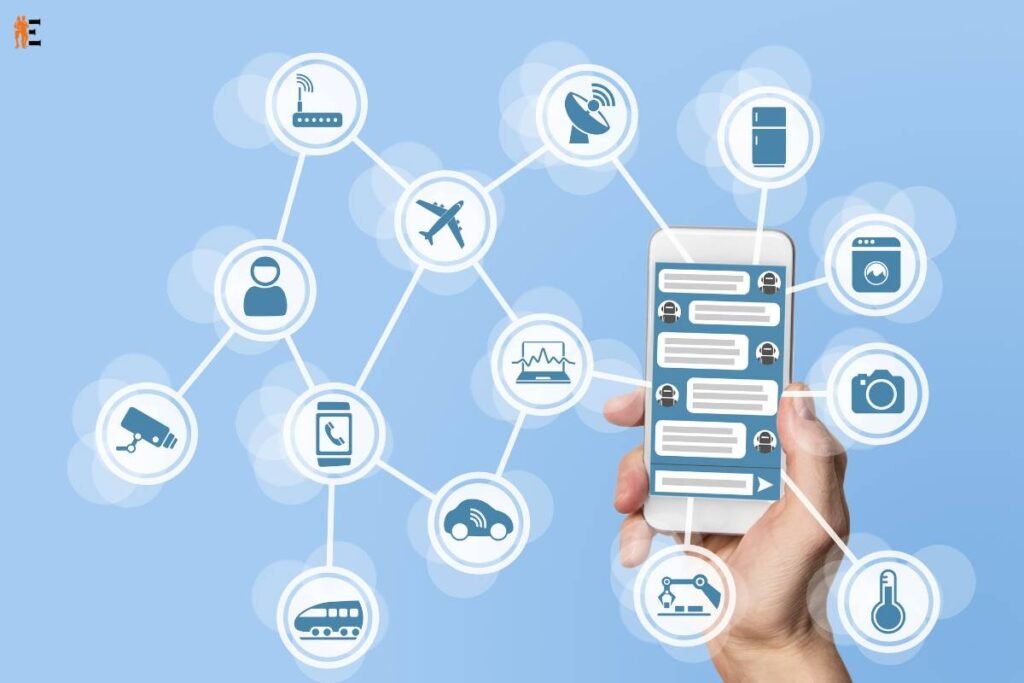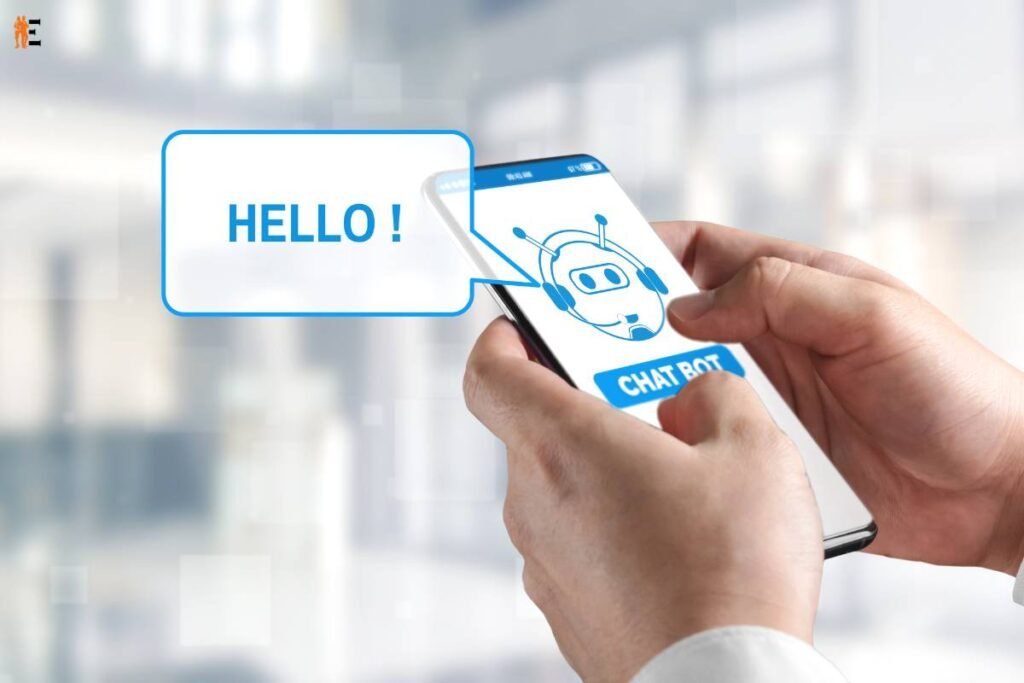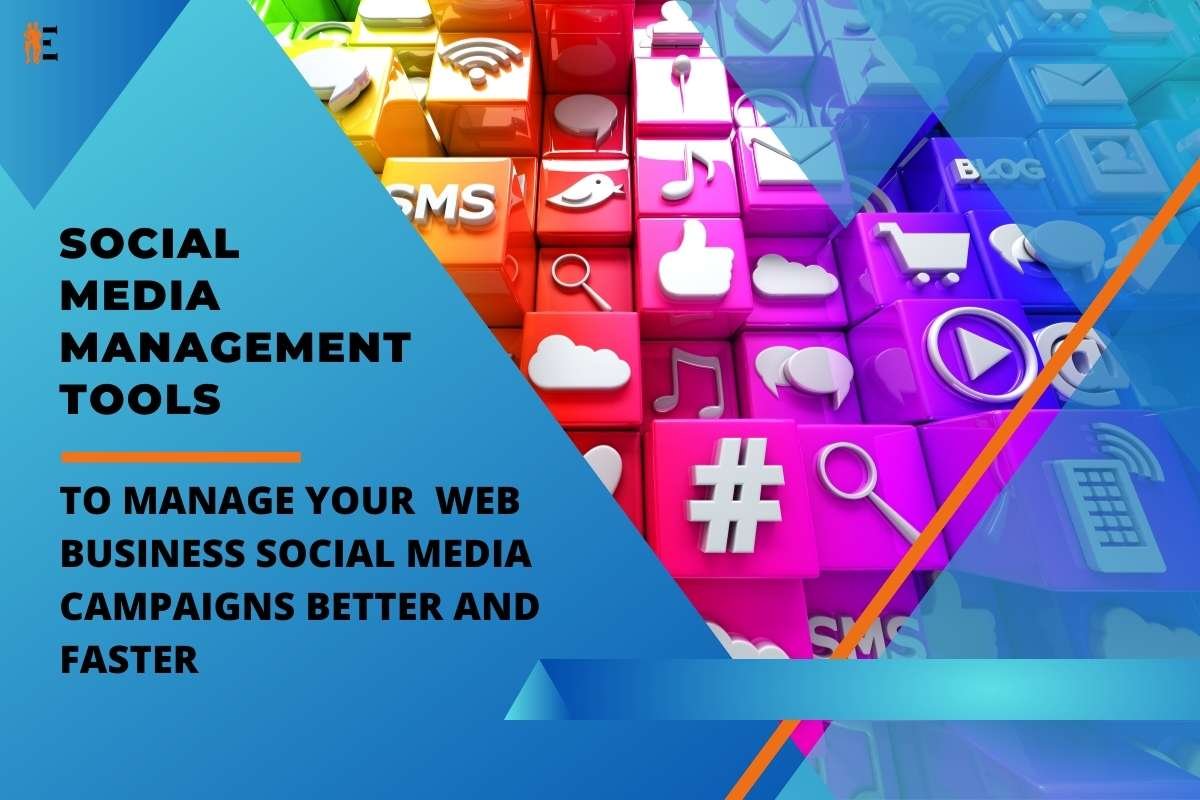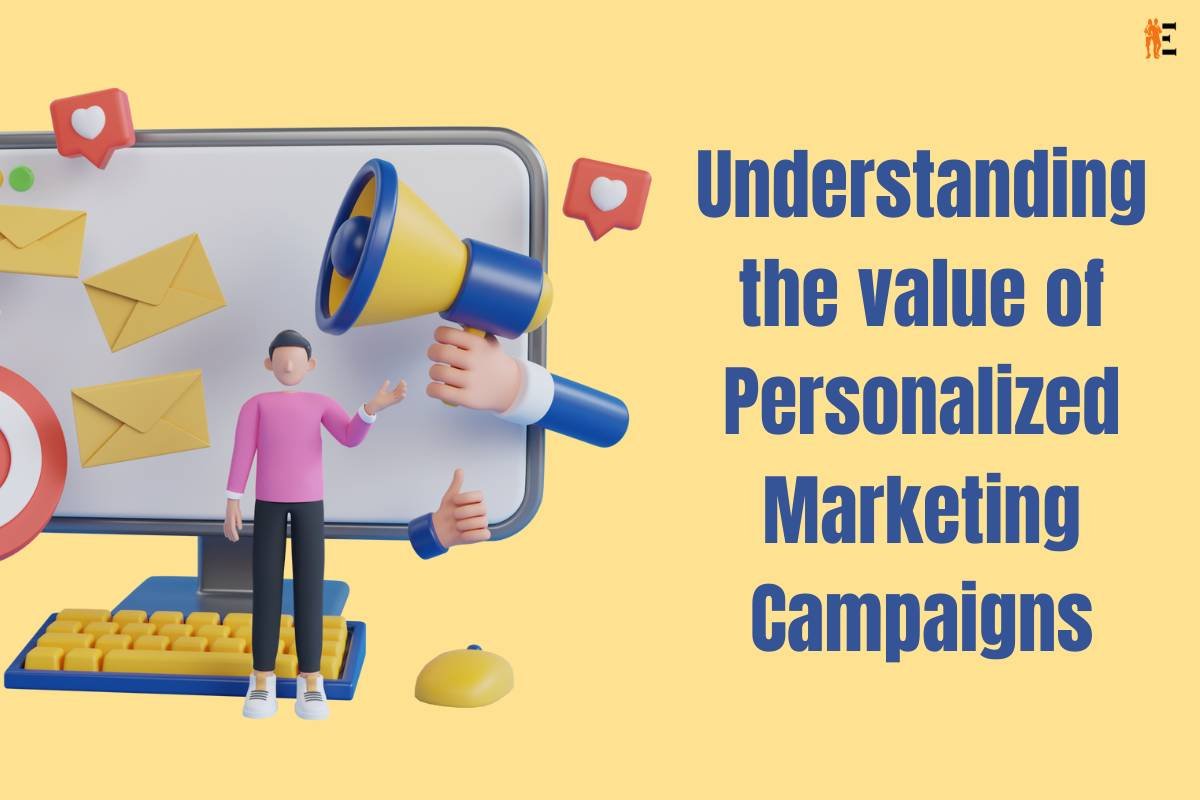Communication with the customer is always the priority in a business. Prompt replies, quick responses and hearing customer complaints is what the bot does. Customers feel heard and get a reply about what further action will be taken about the situation. Via the use of chatbots in marketing strategy customers get engaged with the business. It increases the interaction of the customers with the brand and increases the possibility that the customer will remain loyal to the brand and business. These chatbots interact with the customers on a real-time basis and answer their doubts accurately. Lately, it has been the most used marketing strategy to generate leads, solve customer complaints, and handle some small-scale damage control.
These are AI-driven and software-programmed bots that give solutions to customer problems. It helps to ease the workload of human effort in solving each of the customer’s problems.
Let’s have a look at 5 Ways to Use Chatbots in Marketing Strategy:
1. Personalized Customer Engagement:
Chatbots in marketing strategy are the perfect companions for personalized customer engagement. By analyzing user preferences and past interactions, chatbots can deliver tailored recommendations and content. This level of personalization creates a sense of individual attention, enhancing customer satisfaction and increasing the likelihood of a purchase. For instance, a chatbot on an e-commerce website can suggest products based on a user’s browsing history and preferences, effectively guiding them towards making a purchase decision.
2. Real-Time Customer Support:
Exceptional customer support is a cornerstone of successful marketing. Chatbots serve as an always-on support system, offering quick responses to queries and concerns. This instant assistance not only resolves customer issues promptly but also nurtures trust and confidence in your brand. As chatbots handle routine inquiries, your human support team can focus on more complex matters, ensuring a seamless customer experience that leads to improved customer retention and increased sales.
3. Enhanced Lead Generation:

Chatbots play a pivotal role in the lead generation process. By engaging website visitors in meaningful conversations, chatbots can gather valuable information and qualify leads. Interactive chatbots can guide users through relevant questions, allowing you to segment leads based on their needs and preferences. This targeted approach empowers your sales team to reach out with personalized offers, increasing the chances of conversion. By efficiently filtering and nurturing leads, chatbots become indispensable assets for a robust lead generation strategy.
4. Seamless Sales Funnel Navigation:
Navigating the sales funnel can sometimes be overwhelming for customers. Chatbots offer a user-friendly guide throughout this journey. By understanding where a user is in the funnel, chatbots can provide appropriate information, address objections, and direct users to the next steps. This smooth navigation reduces friction in the buying process, making it more likely for potential customers to complete their purchase. Due to the reduced friction, the use of chatbots in marketing strategy shows its right essence. Chatbots essentially act as virtual sales assistants, ensuring that prospects receive the information they need to move forward.
5. Interactive Content Delivery:
Engaging content is a key driver in attracting and retaining customers. Chatbots facilitate the delivery of interactive content such as quizzes, surveys, and polls. These interactive experiences not only capture attention but also provide insights into customer preferences and behaviors. By tailoring content recommendations based on these insights, chatbots contribute to a more relevant and engaging customer journey. Relatable content ideas are the need of the hour. These are one of the best features of chatbots in marketing strategy.
The Future of Chatbots in an AI-Driven World:
As we hurtle into an AI-driven future, the role of chatbots in marketing strategy is poised to expand exponentially. With advancements in natural language processing and machine learning, chatbots are becoming increasingly sophisticated and capable of understanding and responding to complex user queries. This evolution opens doors to more intricate interactions, allowing chatbots to handle intricate product inquiries, provide in-depth recommendations, and even negotiate sales deals. The integration of AI and chatbots will revolutionize customer interactions, driving higher engagement and more substantial sales growth.
How will the amalgamation of AI chatbots and business organizations help prospective customers? Let’s find out:

1. Instantaneous Customer Support:
AI chatbots provide real-time customer support around the clock. This instant availability ensures that customers’ inquiries, issues, and concerns are addressed promptly, regardless of the time of day. This heightened responsiveness not only boosts customer satisfaction but also strengthens the perception of the business as one that values its customers’ time and needs. Use of chatbots in marketing strategy and using the same for assisting customers issues ensures customer retention, as the customer feels valued when the situation is taken control of by the business.
2. Enhanced Personalization:
AI chatbots have the ability to analyze customer data and interactions, enabling them to deliver personalized experiences. By understanding customer preferences, purchase history, and browsing behavior, chatbots can offer tailored recommendations and solutions. This personal touch creates a sense of individual attention, fostering a deeper connection between the customer and the brand. Customers feel value-driven approach is adopted for them, which is the sheer magic of chatbots in marketing strategy.
3. Improved Engagement:
Engaging customers in meaningful conversations is paramount for business success. AI chatbots are designed to provide interactive and engaging interactions, whether it’s through answering queries, assisting with product selection, or even offering entertainment. These interactions keep customers engaged and intrigued, leading to longer interactions and a more positive perception of the brand.
4. Multilingual and Multichannel Support:
Language barriers and platform limitations can hinder effective customer support. AI chatbots transcend these challenges by offering multilingual support and functioning seamlessly across various communication channels such as websites, social media, and messaging apps. Chatbots are of course capable of giving out multi-lingual dialects, which is a boon for the organization. This is the best use of chatbots in marketing strategy.
Continuous Learning and Improvement:

AI chatbots continuously learn from interactions and adapt based on customer feedback. As a result, their responses become more accurate and refined over time. This learning process enhances the chatbot’s ability to address a wide range of customer inquiries and concerns, providing a consistent and evolving support experience.
Conclusion:
In an era where customer expectations are evolving rapidly, embracing chatbots in your marketing strategy is no longer an option – it’s a necessity. By offering personalized engagement, real-time support, enhanced lead generation, seamless sales funnel navigation, and interactive content delivery, chatbots can be transformative assets that drive sales figures to new heights. As we look toward an AI-driven future, the capabilities of chatbots will only continue to expand, opening doors to even more dynamic and impactful customer interactions. By intelligently incorporating chatbots into your marketing strategy, you’re not only staying relevant but positioning yourself for success in a tech-powered world. The future of marketing is here, and it’s powered by the remarkable potential of chatbots.











